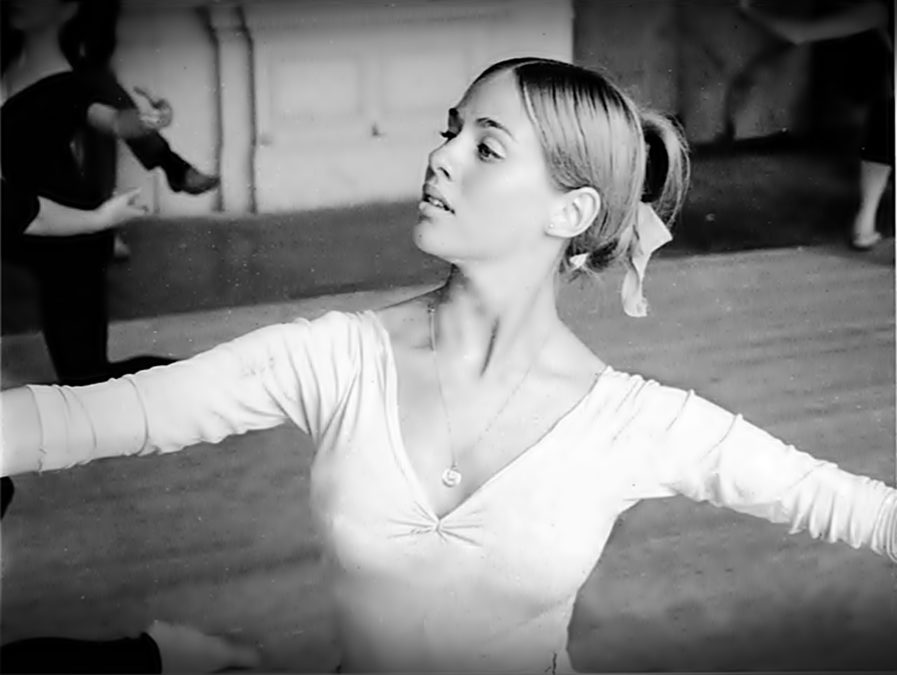MY WEEKLY BLOG
HELP!
When I was six or seven, I used to sit on my parent’s bed and watch the Olympics on a black and white television. I was mesmerized by
what athletes were capable of: Skiing, gymnastics, swimming, diving and for me, the crème de la crème, figure skating.
I still have the same kind of enthusiasm for the Olympics as other people have for the Super bowl but it lasts for three weeks. I marvel at the beauty of it all, the skill and majesty of flying down a mountain at 80 miles an hour. Diving off a 33 foot platform into the water without leaving a splash. Flying into the air, spinning four times and landing on a blade on the ice. It’s all physically dangerous. I cringe when the athletes crash and fall and break bones, but these days, a different kind of danger is coming to the forefront. Mental health.
In the past, athletes didn’t admit to having mental problems. It was taboo. When I was in the ballet, we didn’t complain or ask for help. We weren’t supposed to need it. If we voiced any kind of weakness or need, we might be publicly reprimanded or replaced.
That’s why it was so unusual to see a public service announcement a few years ago from swimming champion, Michael Phelps. He talked about his athletic challenges: Swim. Win gold. Repeat. But when it came to life, he admitted to a lot of problems. He talked about his mental challenges. “Therapy might help you. It helped me,” he said. I was surprised and relieved.
I grew up as an athlete. Many of my fellow ballet dancers were
anorexic, bulimic, insomniac, smoked cigarettes and popped diet pills. The pressure to be the best, the skinniest, the strongest and never have needs takes a terrible toll on the nervous system. We were so young, but no matter how we felt, we stayed silent for fear of being reprimanded or replaced. It was the athletic version of “If you can’t do the time, don’t do the crime.”
The ballet company had an on-staff massage therapist to help us when we were physically injured but we didn’t have a mental therapist. There was no one to turn to when we were depressed or anxious. And we had those feelings a lot. We were there for each other but we didn’t have the knowledge or expertise to really help.
These days, some powerful athletes are changing things by following Michael Phelps’s lead.
Tennis champion Naomi Osaka withdrew from the French Open
for mental health reasons. “It’s okay not to be okay” was her message.
Gymnastics champion Simone Biles withdrew from the 2020 Olympics finals after becoming disoriented in the air. They call iit the “twisties” and she felt it was too dangerous to compete.
Skating great Gracie Gold left the skating rink for several years to deal with an eating disorder.
Two days ago, the authorities discovered that a 15-year-old
Russian Olympic skater, Kamila Valieva, had tested positive for performance enhancing drugs a few months earlier. The fallout was terrible. They decided she was too young to have taken the drugs deliberately and it would be better for her to let her compete. Big mistake. The shame was too much for her. Uncharacteristically,
she stumbled but she righted herself. She fell but she got up. I thought it was courageous that she finished her program but when she got off the ice, her trainers scolded her for making mistakes. The adults around her had failed her. She had done some spectacular jumps in her performance but all they showed us were the times when she fell down.
No one can carry the expectations of an entire country without
crumbling at some point. Kamila crumbled and there was no one to comfort her. She’s 15. Remember when you were 15? She sobbed. Her fellow skaters with whom she trained daily cried. So did I. The trainers bullied all the skaters and they watched their team fall apart, even though Russians won gold and silver.
This has to stop. People are calling out for Olympic reform so instead of being remembered for falling, maybe Kamila could be remembered for getting back up. They could raise the age of performers so they would have better coping skills. But no one of any age can carry the burden of always winning. It’s too much for anyone to bear. It’s a beautiful thing to watch athletes perform seemingly impossible feats. With a little mercy and compassion, instead of focusing on taking home the prize, we could see them as the prize. They are beautiful and they deserve that. They are human beings with strengths frailties, just like everyone else.


Recent Comments